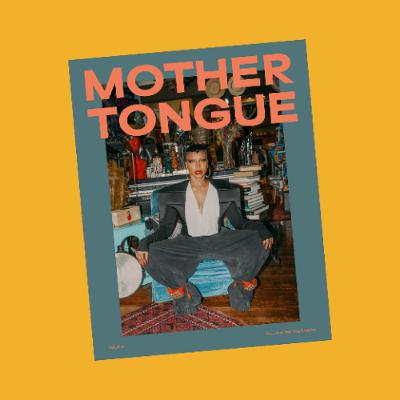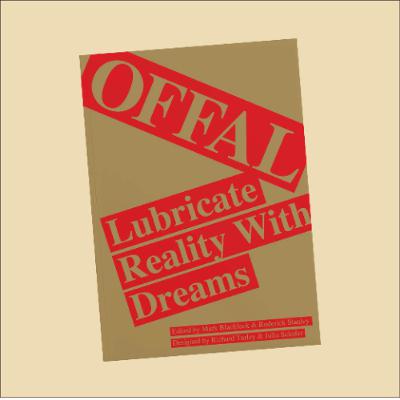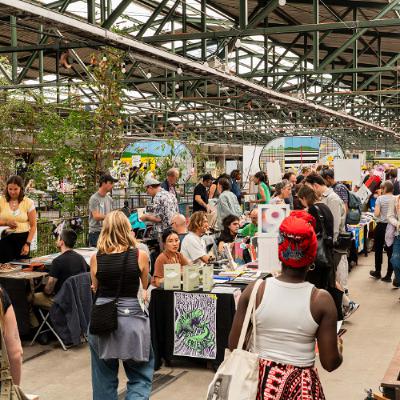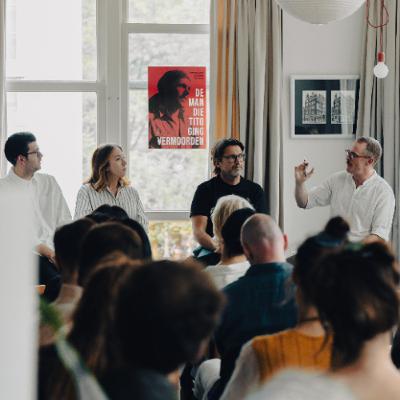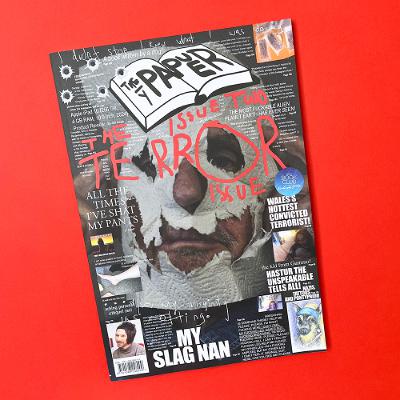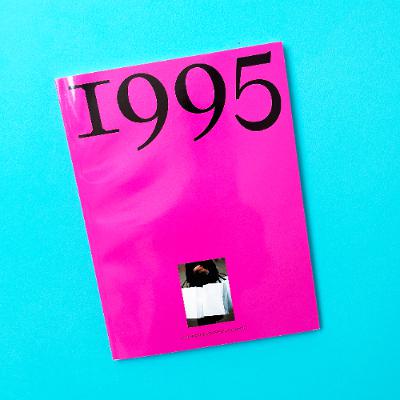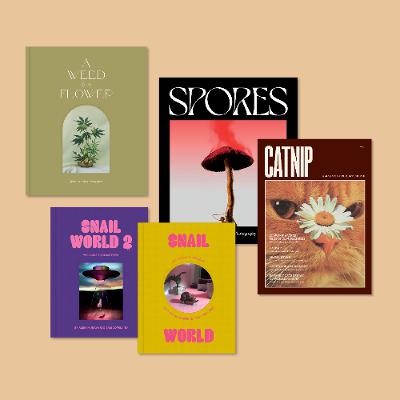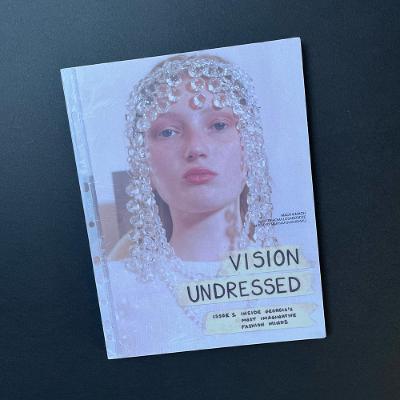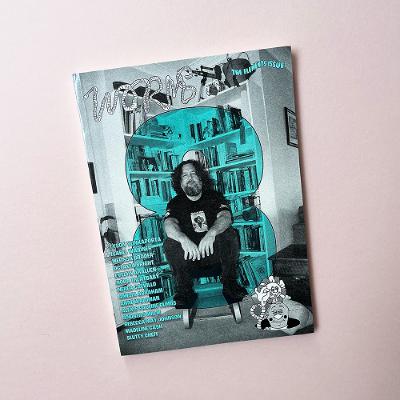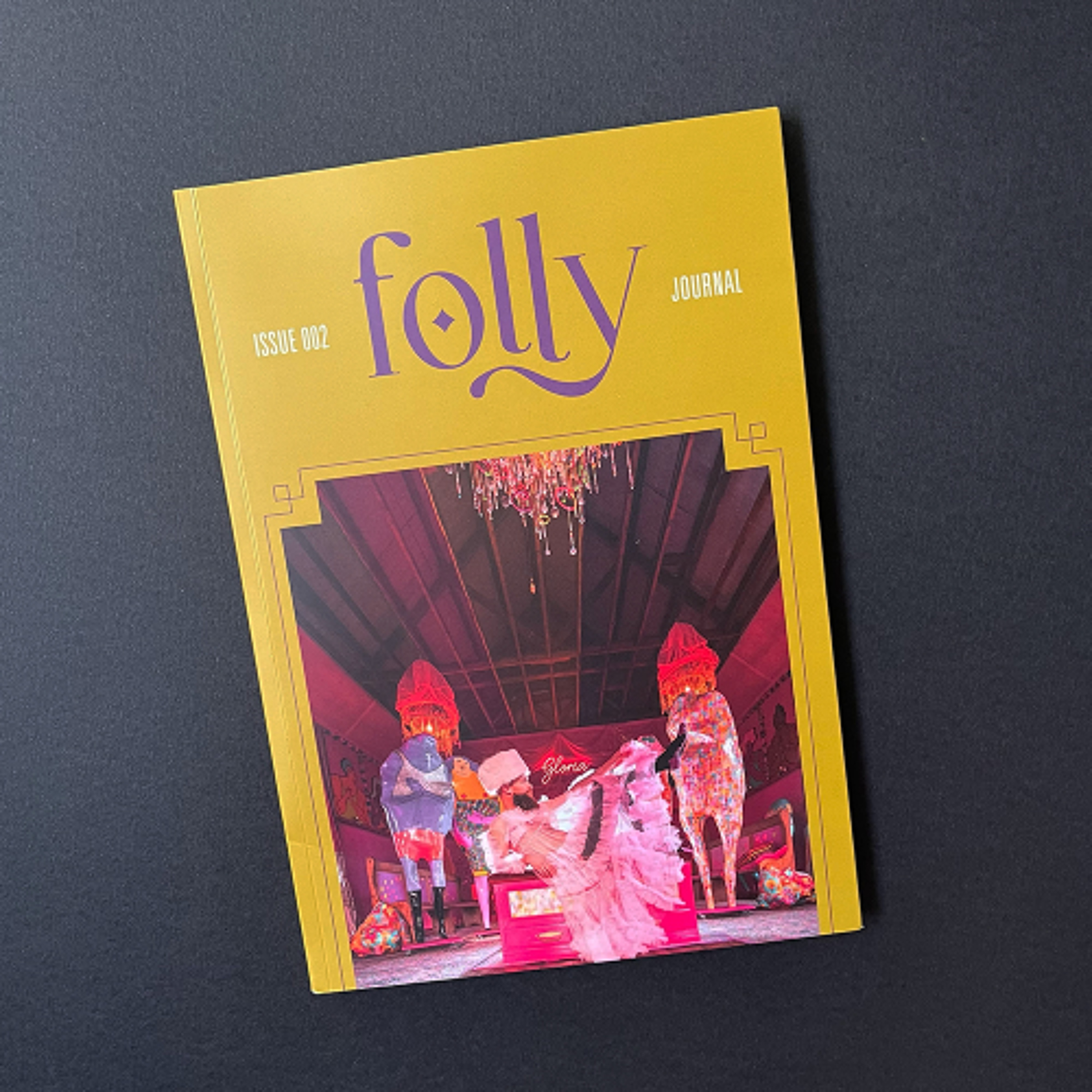Discover Stack Magazines
Stack Magazines

254 Episodes
Reverse
Laura Frade is managing editor of Apartamento, one of the world's best known and most beloved independent magazines. As the publication turns 18 years old, I spoke to her about the secrets of its enduring success.
Hear from all the independent magazines we delivered from July to December this year, featuring Hotshoe, Troublemakers, Not Here to Make Friends, Cake Zine, Off Licence and Beneficial Shock!
Rob Orchard is co-editor of Delayed Gratification, the magazine that launched 15 years ago with the bright idea of using the slowness of print as an advantage. Rather than racing to be first with the news, they dedicate each issue to a three-month period and reflect on events after the dust has settled. In this conversation he reflects on what he and the team have learned from publishing 60 issues of the magazine, including the constant battle with deadlines; the changing demands of social media; and the advantages of advertising on the Underground.
As we come to the end of the year, we're looking back at all the independent magazines we delivered to our subscribers in 2025. This first part covers our deliveries from January to June, and it features the people who make Broadcast from Brooklyn, Solomiya from Kyiv, Skin Deep from London, New York Review of Architecture from New York (of course), Playground from Vilnius and Stockholm, and No One from Amsterdam.
Charles Emmerson is the editor of Translator, the magazine that searches for great stories from beyond the Anglosphere, and translates them into English. In this conversation he speaks about the art of translation, the important decisions that have to be made along the way, and how his magazine is helping English speakers to better understand the world.
Sophie Barshall is editor of The Toe Rag, the free arts magazine distributed at independent and not-for-profit venues across London and beyond. In this conversation she speaks about the importance of arts coverage, the dire state of arts funding in the UK, and why The Toe Rag is not a passion project.
Melissa Goldstein and Natalia Rachlin are the founders and editors of Mother Tongue magazine, which presents a distinctly grown-up picture of motherhood. Disillusioned by the type of media that was presented to them as mothers, they began, "to poke holes in all the things that exist or have existed historically in this space. Why do they look a certain way and speak a certain way that just doesn't connect to us personally? And surely we can't be the only ones." In this episode they speak about the process of defining a new picture of motherhood, and building a sustainable business out of that initial disillusionment.
Mark Blacklock and Roderick Stanley are the editors of Offal, a self-proclaimed "haggis of literary culture", created from odd and experimental bits of text that don't quite fit anywhere else. It's a brilliantly anarchic print magazine and digital audio title, and in this conversation they speak about their interest in AI tools, explaining how they push them to glitch and break, sifting through the artistic and aesthetic potential of what remains.
Réiltín Ní Aodhagáin and Lilou Angelrath are the editors of Mnemotope, a literary magazine that looks beyond the publishing industry's usual niches in its search for a new type of storytelling. In this episode they speak about their radically open approach, winning design awards without knowing the rules of graphic design, and how beer mats help them to attract submissions from a different sort of writer.
Recorded live at Indiecon 2025, eight independent publishers speak about their magazines and other projects. Featuring Sebastian Wells from Solomiya, Timothy Frazier from Photographic Bandwidth, Sotiris Trechas from Fluffer Everyday, Oliver Gabe from The Paper, Yuto Miyamoto from Troublemakers, Pang Xue Qiang from Meantime, and Anja Charbonneau from Broccoli.
Recorded at the Indie Publisher Summer Forum in Amsterdam, this episode features a panel discussion on the role of branding in independent magazines. Featuring Damian Bradfield from WeTransfer and Fupe, Megan Wray Schertler from In Real Life Media, and Peter Kormanyos from Purgatory Sandwich, it begins with the question of what branding is, and how small, print magazines can use it to punch above their weight.
Erin Mathias, Oliver Gabe, and Owen Davies are the editors of The Paper, the big, funny, dark magazine from Wales. In this conversation they speak about their love of extreme contrasts, and why they don't give readers room to breathe.
Nicola Hamilton is the founder of Issues, the Toronto magazine shop that opened in the city's West End in 2022. In this episode she speaks about her love for print, and how she's trying to find a better, more engaging way of bringing magazines into people's lives.
Penny Martin is editor-in-chief of The Gentlewoman, the magazine celebrating, "modern women of style and purpose". In this conversation she speaks about her enthusiasm for creating 1995, a one-off magazine published to celebrate the 30th anniversary of designer shopping outlet Bicester Village. And she reflects on The Gentlewoman's own 15 years in print, and what it takes to keep the magazine on top after a decade and a half.
Hear five independent magazines live on stage at the Queen of Hoxton in London. Featuring stories, essays and poetry read by The Fence, Real Review, Vittles, Offal and The Paper.
Tommy Sissons is the editor of Grass, the magazine of working-class arts and literature that launched in 2020 and recently reached the milestone of its fifth issue. In this conversation he speaks about the definition of what the working class is these days; his belief that class isn't talked about enough; and his mission to showcase the next generation of writers and artists.
Founder and editor Anja Charbonneau explains why she decided to stop publishing Broccoli magazine, and how that has enabled her to either launch or develop an exciting new slate of print titles
Editor Anano Shalamberidze speaks about Vision Undressed, a new magazine that’s dedicated to providing a platform for Georgia’s often underappreciated fashion talent.
Clem MacLeod, Caitlin McLoughlin, and P Eldridge are the editors behind Worms, the magazine that’s dedicated to exploring the underground and surfacing the best writing, bringing it up, “to the literary topsoil”. In this conversation they talk about the recent changes they have made to the magazine, allowing them to keep on publishing the best work, while avoiding the pitfalls of binaries and simple definitions.
Emily Makere Broadmore is editor-in-chief of Folly journal, which she describes as a literary journal for people who don’t buy literary journals. Online, the magazine calls itself, "The rebel child of the literary New Zealand scene," and, "The love child of a literary journal and a Victorian gossip rag," and I hope you’ll enjoy hearing Emily's story of overcoming establishment criticism to create a fresh new literary voice for New Zealand.








